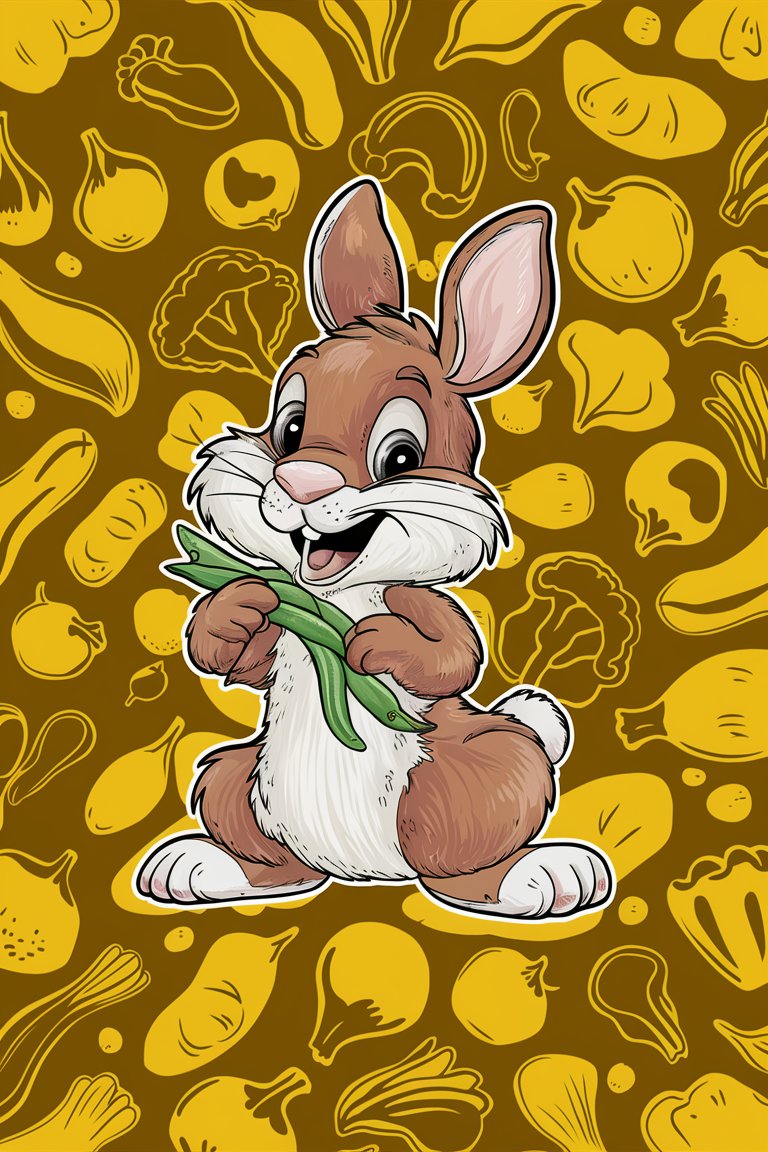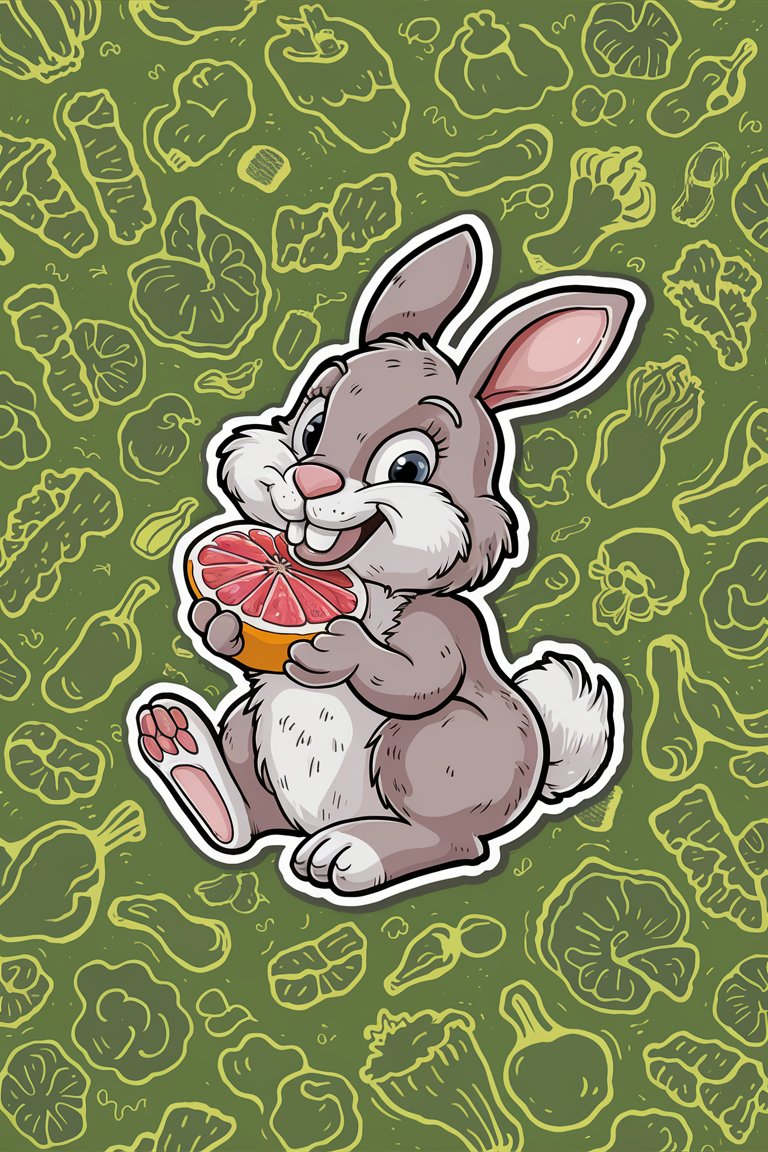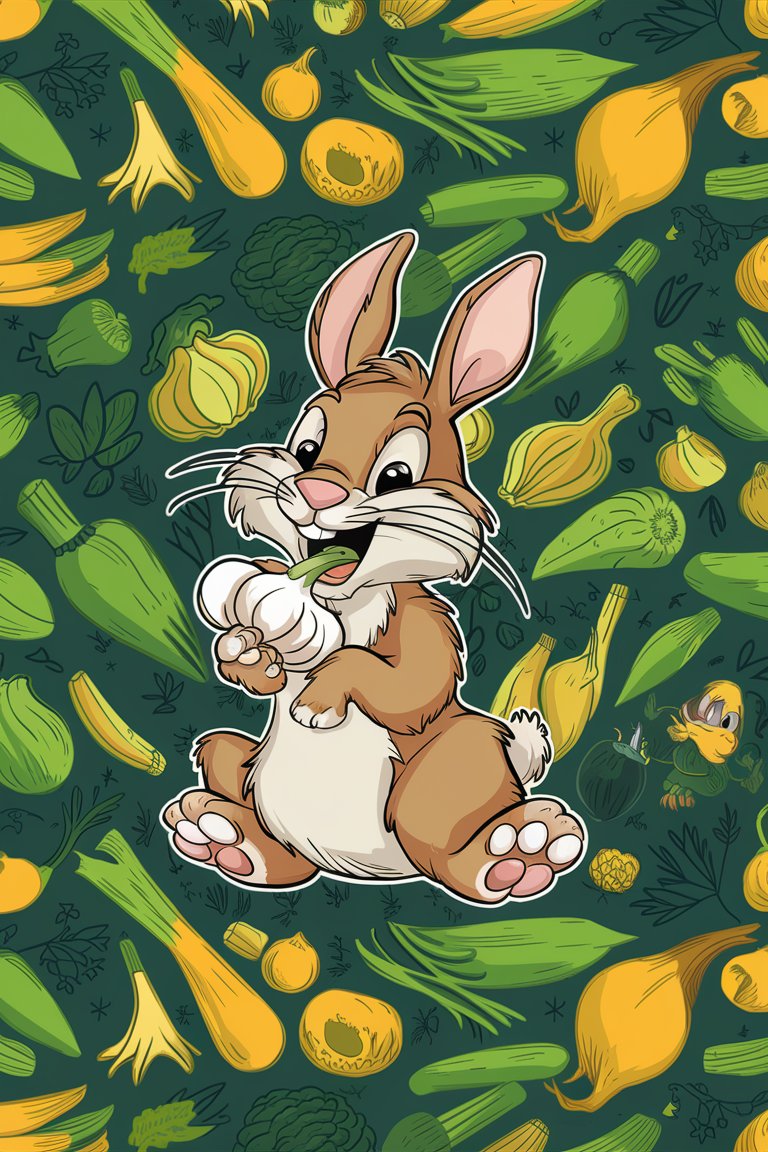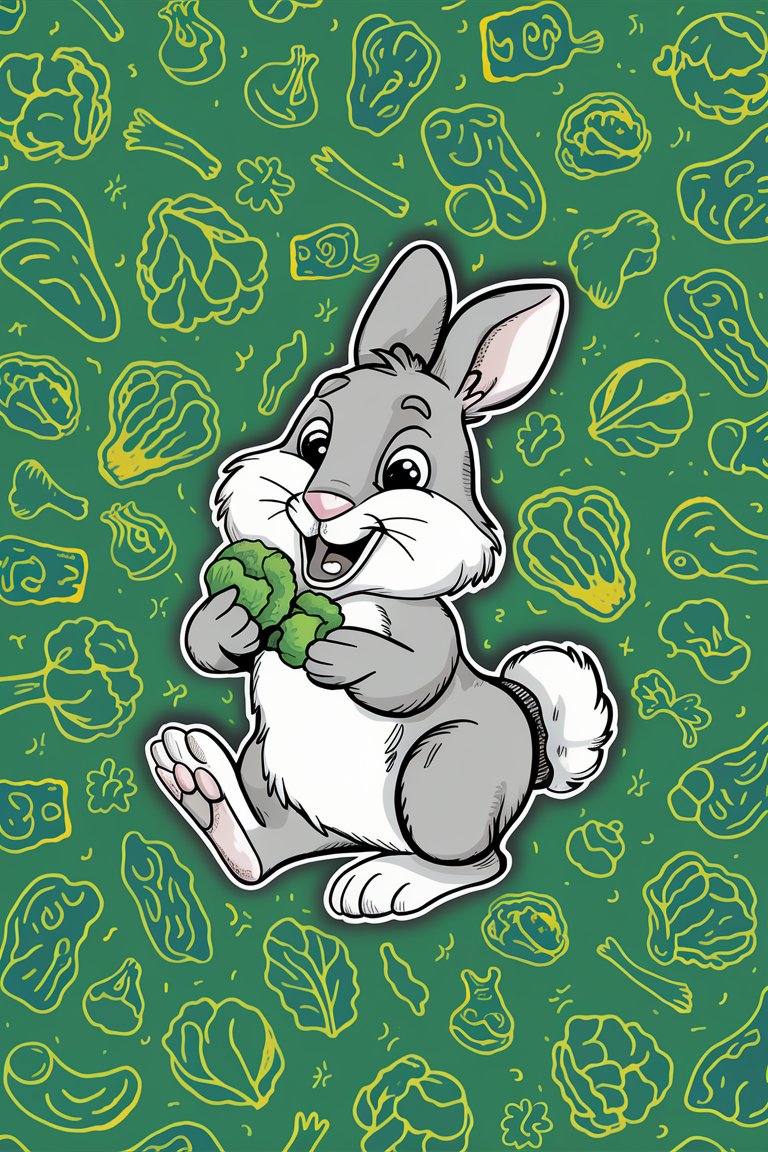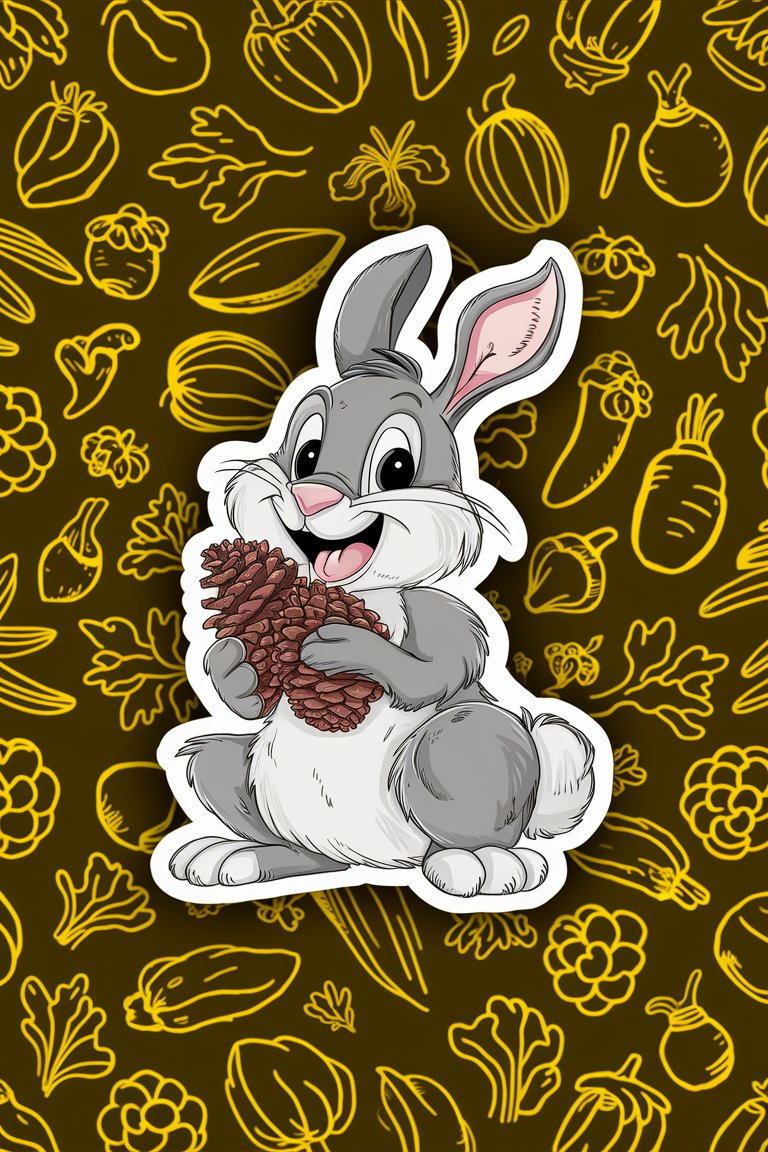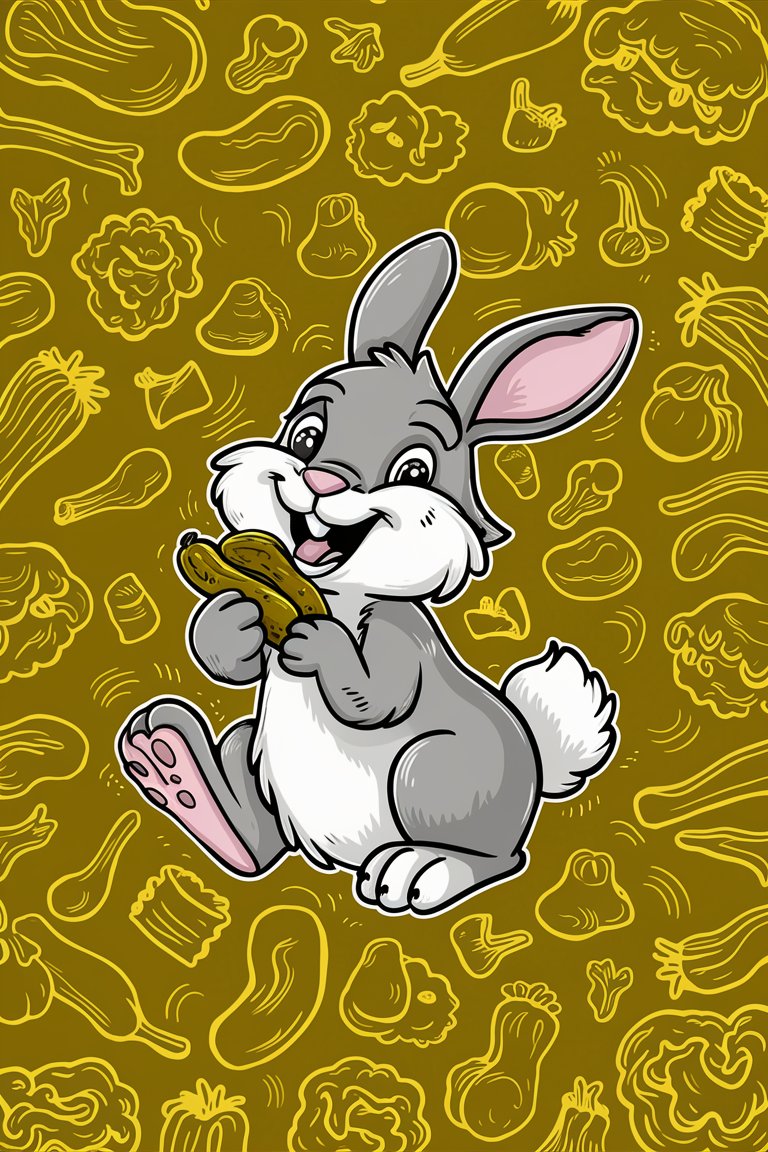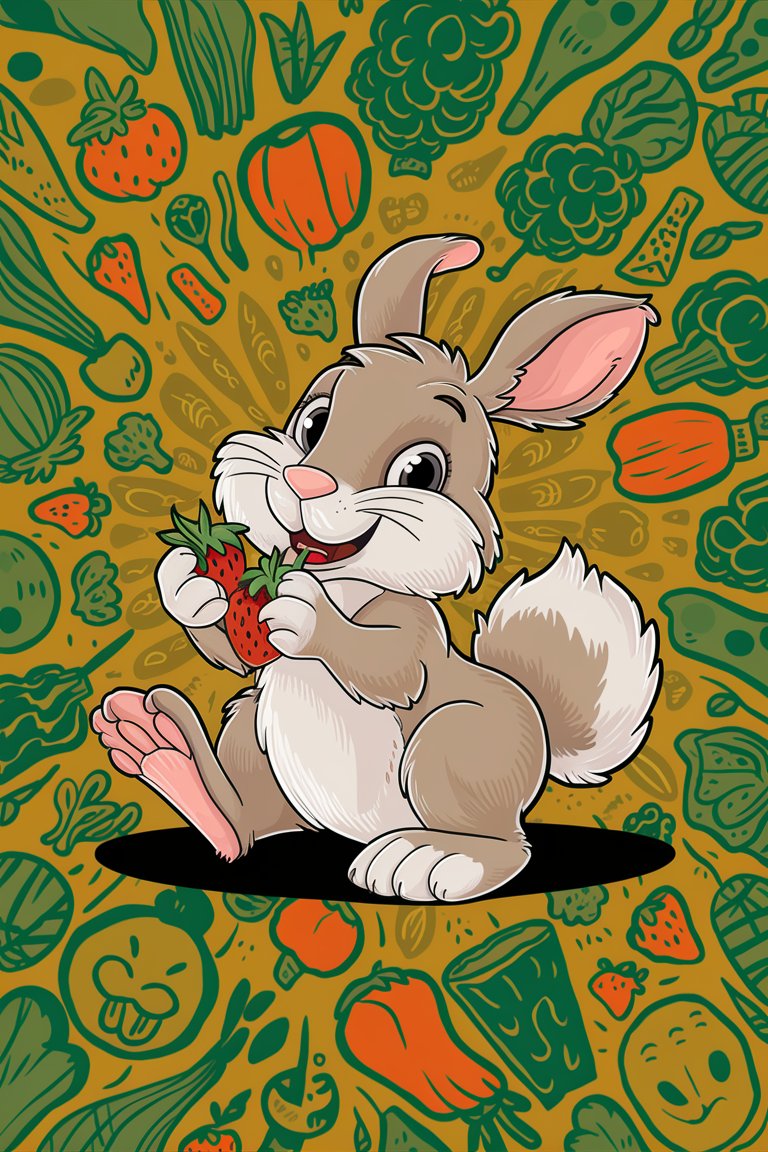Can Rabbits Eat Green Beans? Know the Facts!
Believe it or not, rabbits have quite sophisticated palates. The question on the table is: Can our furry friends munch on green beans?
Key Takeaways:
- Rabbits can eat green beans: Green beans are safe but should be given in moderation.
- Nutrient benefits: They provide vitamins A, C, and K, along with fiber that supports digestion.
- Feeding guidelines: Introduce slowly, use fresh beans, and start with small portions.
- Safety first: Avoid canned or frozen beans, wash thoroughly, and check for freshness.
- Moderation is Key: Overfeeding can lead to gas and bloating, so keep it an occasional treat.
We know that rabbits have specific dietary needs, and it’s essential to get this right. It’s about their health and happiness. Sharing our experiences, we once thought green beans might be an exciting treat. We did thorough research, considering our rabbits’ wellbeing.
We’ve gathered some interesting facts that might surprise you. With so much information out there, it’s easy to feel overwhelmed.
We’re here to give clear, concise insights. Ready to learn more? Let’s make sure we’re feeding our bunnies right!
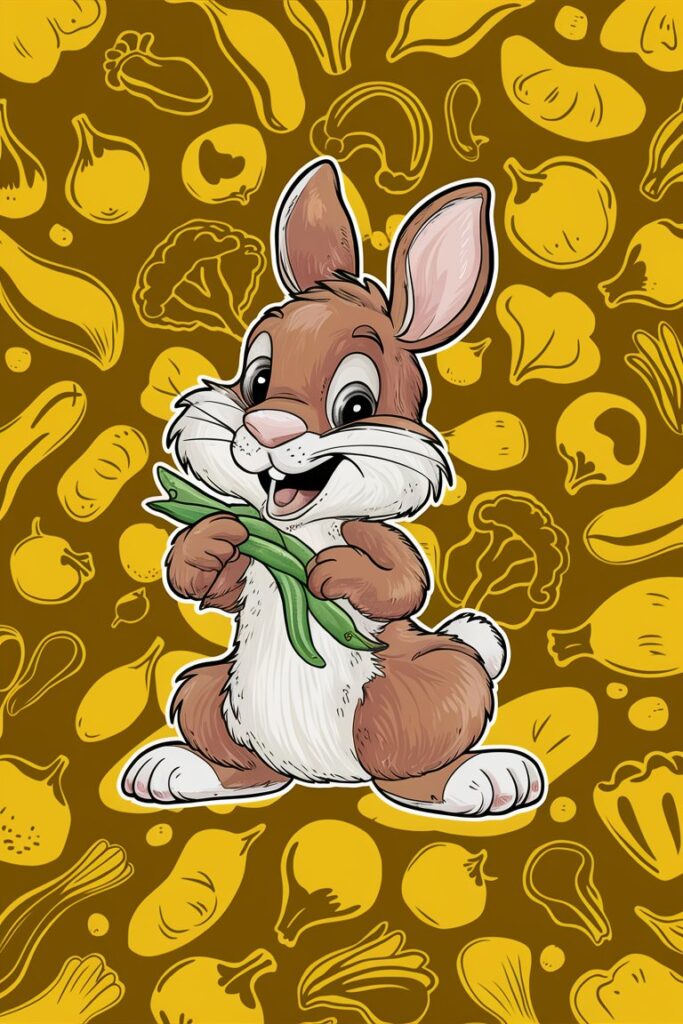
Can Rabbits Eat Green Beans?
Yes, rabbits can eat green beans, but there are things we should know first. Green beans are a plant-based food rich in vitamins and minerals. They offer vitamins A, C, and K, along with fiber. These nutrients support our rabbits’ overall health, especially digestion.
- Learn more about: What Should and Should Not Rabbits Eat? Ultimate Guide
However, we must be cautious with the amount we give. Too many green beans can cause gas or bloating for our little friends. From our experience, we started with small portions. Watching for any changes in their behavior or stool is crucial.
Green beans should be fresh when served. Avoid canned or frozen ones due to added preservatives. Always wash them thoroughly to remove pesticides. Treat green beans as an occasional snack, not a staple.
By keeping these points in mind, we can ensure our rabbits enjoy green beans safely and happily.

How to Feed Green Beans to Rabbits?
Feeding green beans to rabbits is easy if we follow a few guidelines. Start by introducing green beans slowly into their diet. Give a tiny piece first and see how they react. Observe for any digestive changes.
Feed green beans in moderation. A small handful once or twice a week is enough. Mixing them with other veggies keeps their diet varied and interesting.
Here is a table featuring critical nutrition values of green beans when feeding rabbits:
| Nutrient | Amount per 100g |
| Energy (kcal) | 44.5 |
| Crude Protein (g) | 12.7 |
| Crude Fiber (g) | 21.59 |
| Calcium (mg) | 205 |
| Phosphorus (mg) | 18 |
| Vitamin A (μg) | 1,300 |
| Vitamin C (mg) | 10.3 |
| Vitamin B6 (mg) | 0.4 |
| Iron (mg) | 2.05 |
| Copper (mg) | 0.25 |
| Selenium (μg) | 0.033 |
Please note that these values are based on the nutritional composition of green beans and may vary slightly depending on the specific variety and preparation method.
Always use fresh green beans. Wash them to get rid of any chemicals. Avoid canned or frozen beans due to preservatives. Chop the beans into bite-sized pieces. This makes it easier for our bunnies to chew.
Combining these practices ensures our rabbits stay healthy and enjoy their treats. Keep it simple and safe for our furry friends.

Green Bean Variations and Safety
Green beans come in several types, including string beans, snap beans, and French beans. All are safe for our rabbits in small amounts. We prefer the snap beans as they are tender and easy to chew.
Too many green beans can cause digestive issues like gas or bloating. We noticed our rabbit had a slight tummy upset once. So we learned to stick to small portions. Always introduce green beans gradually.
Handle green beans with care. Always wash them well to remove any chemicals. Keep them fresh by storing them in the fridge, away from other foods. Avoid giving them spoiled or wilted beans.
Freshness is key. Always check the beans before feeding them to our rabbits. This ensures they get the most benefits without any harm.

